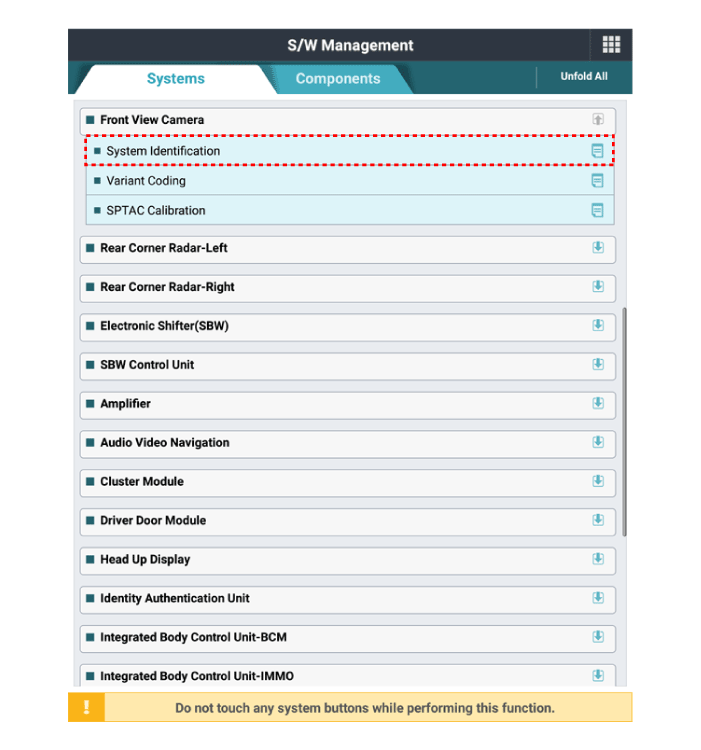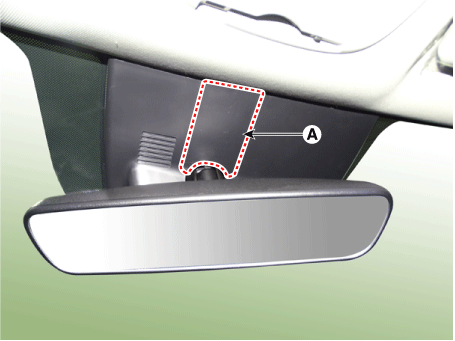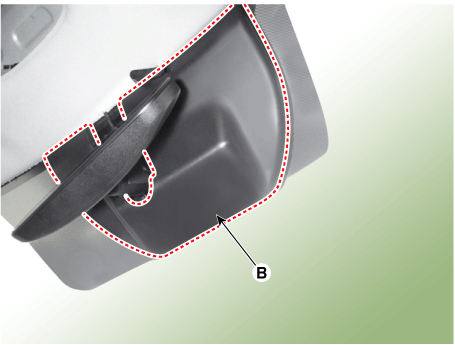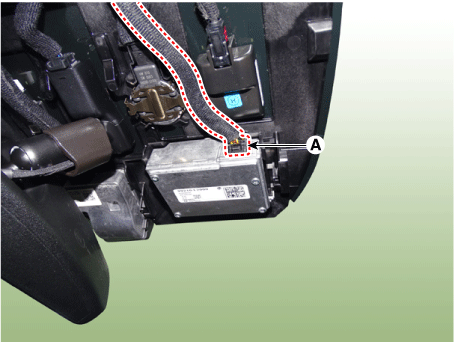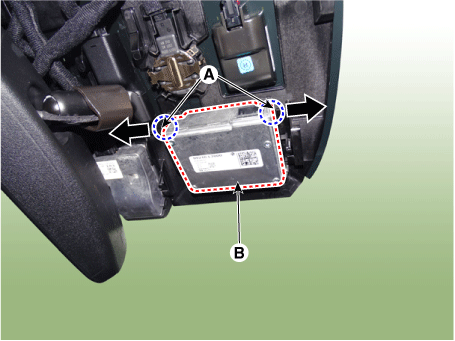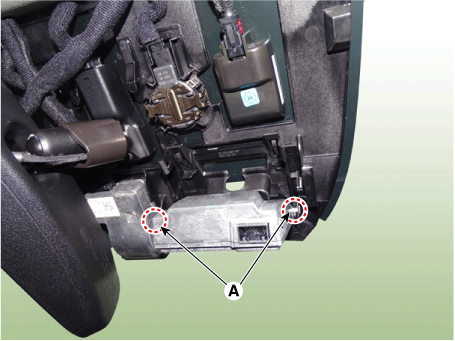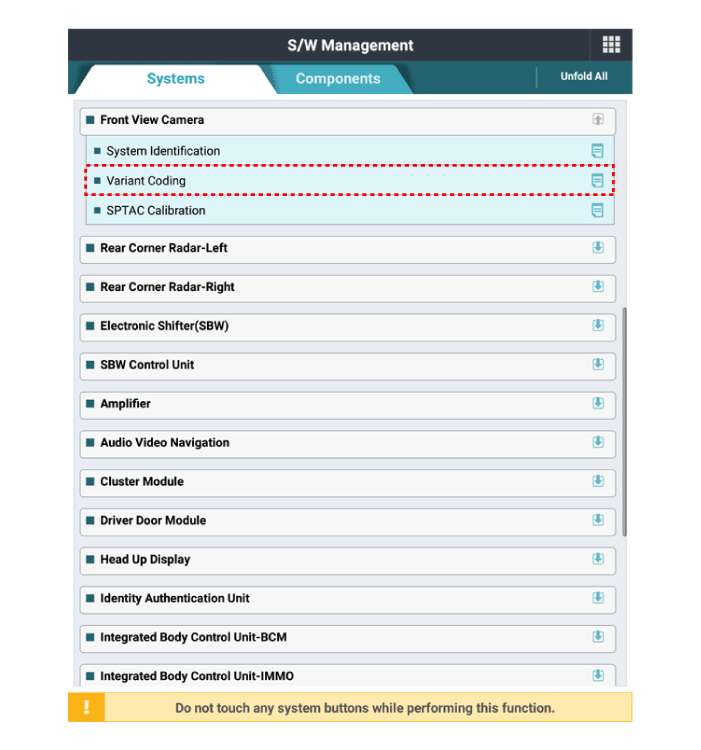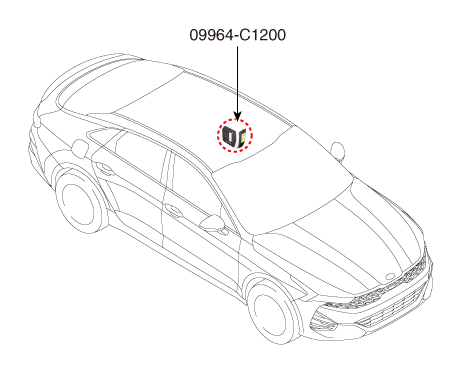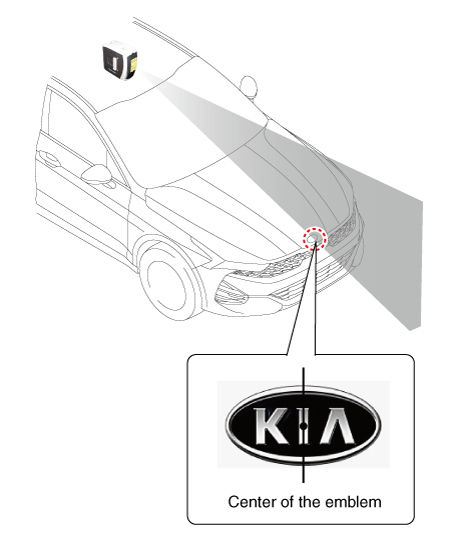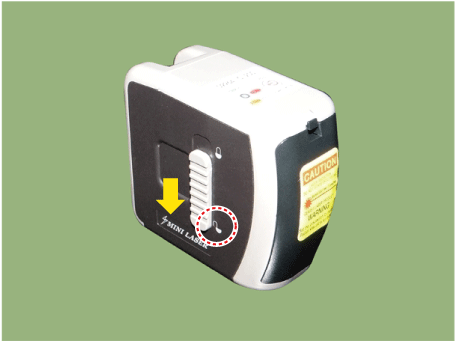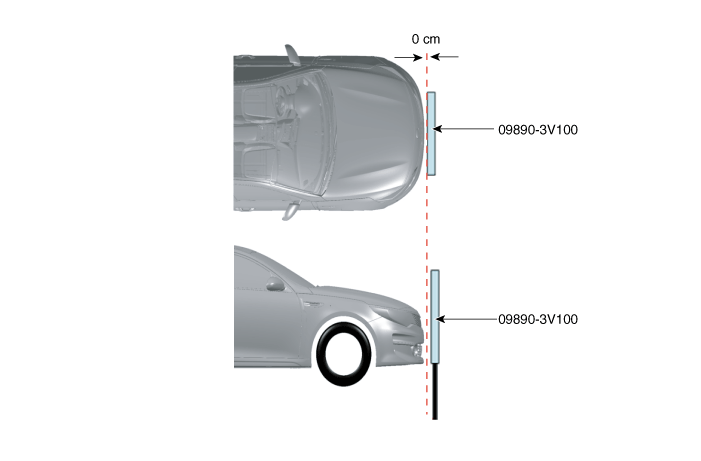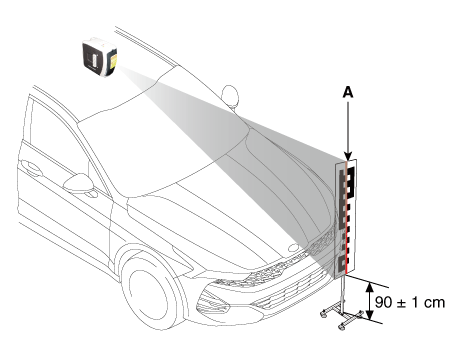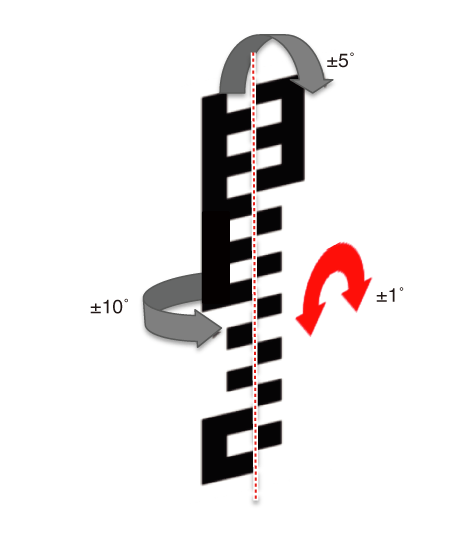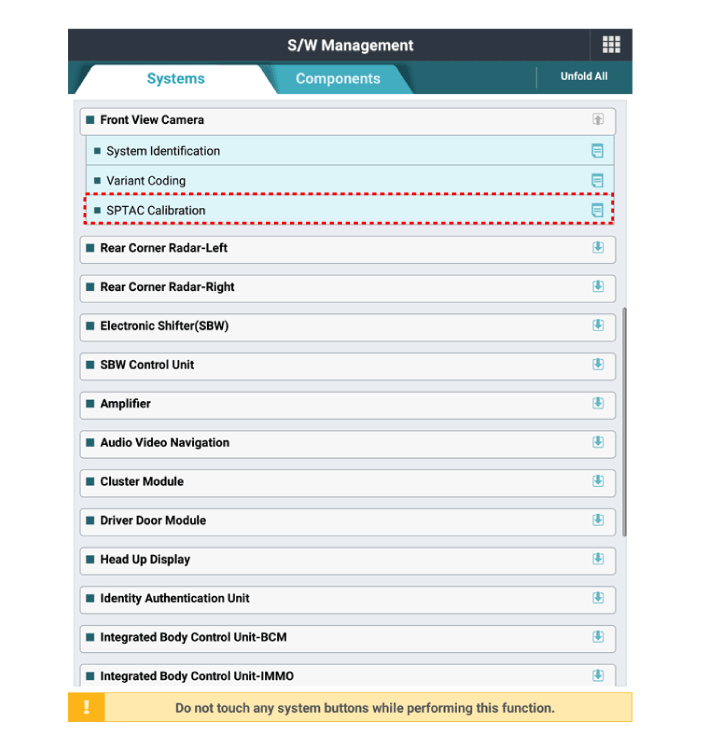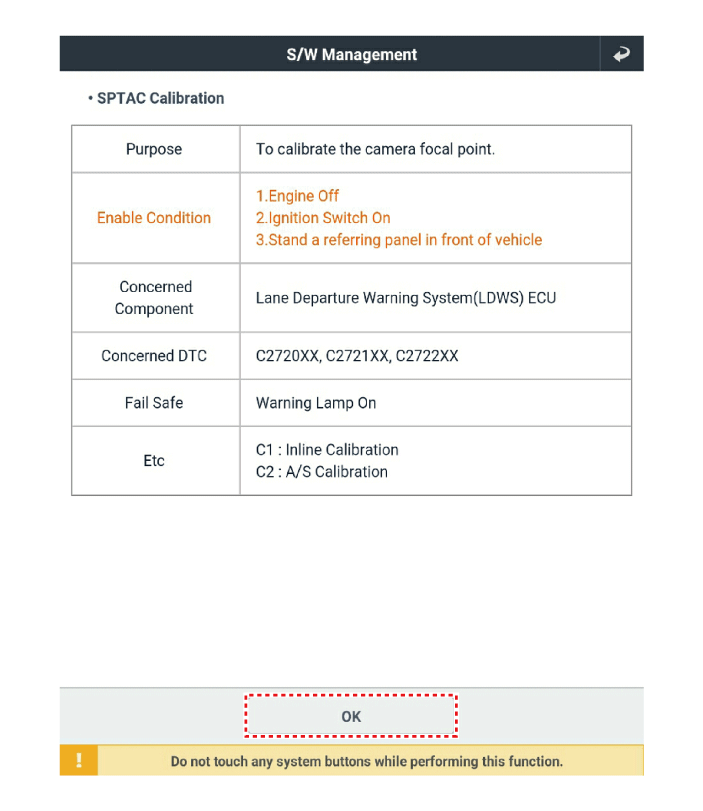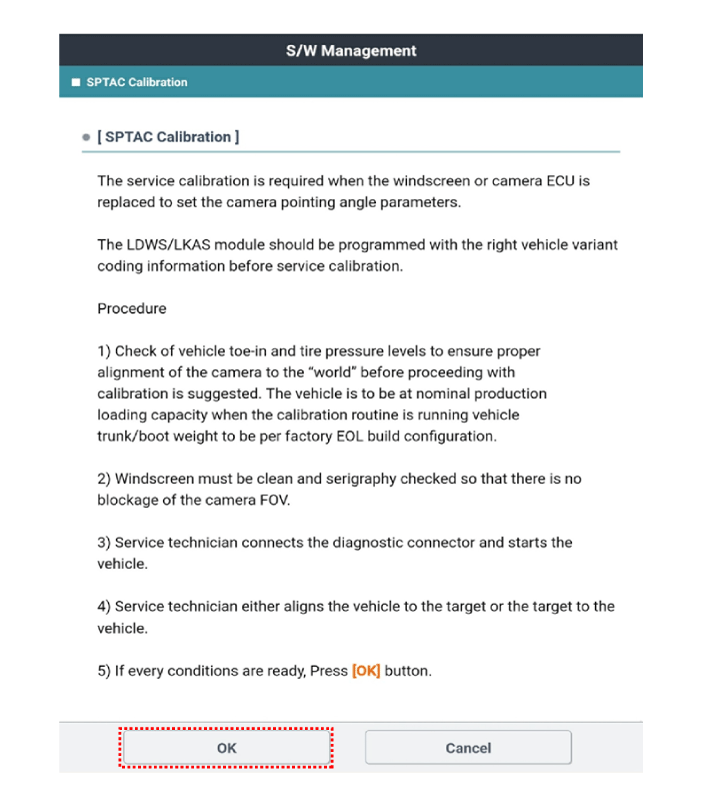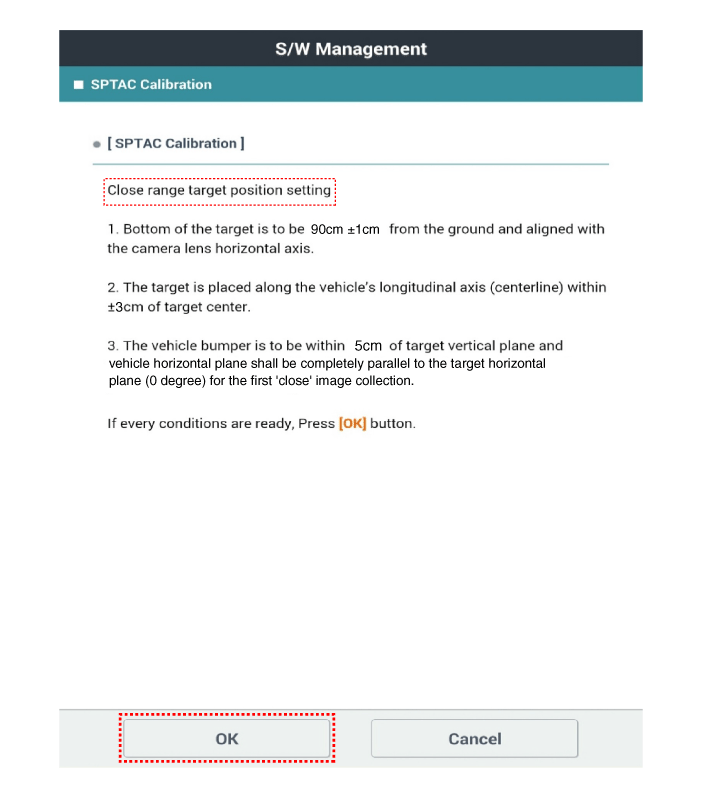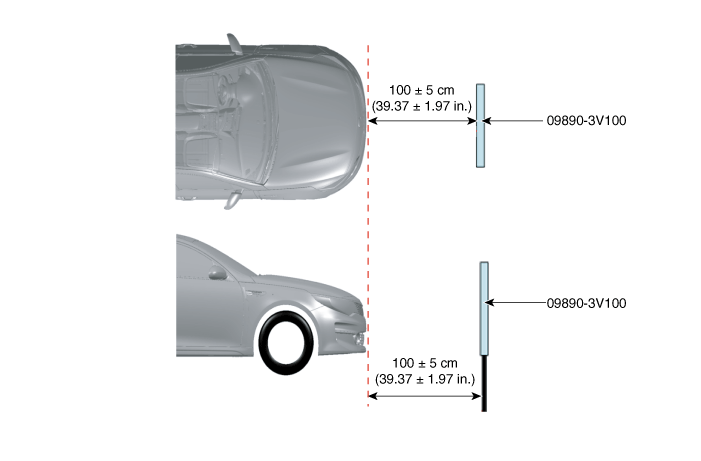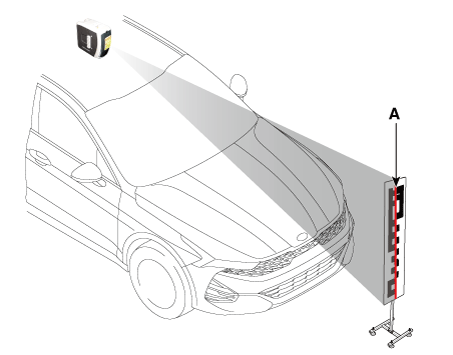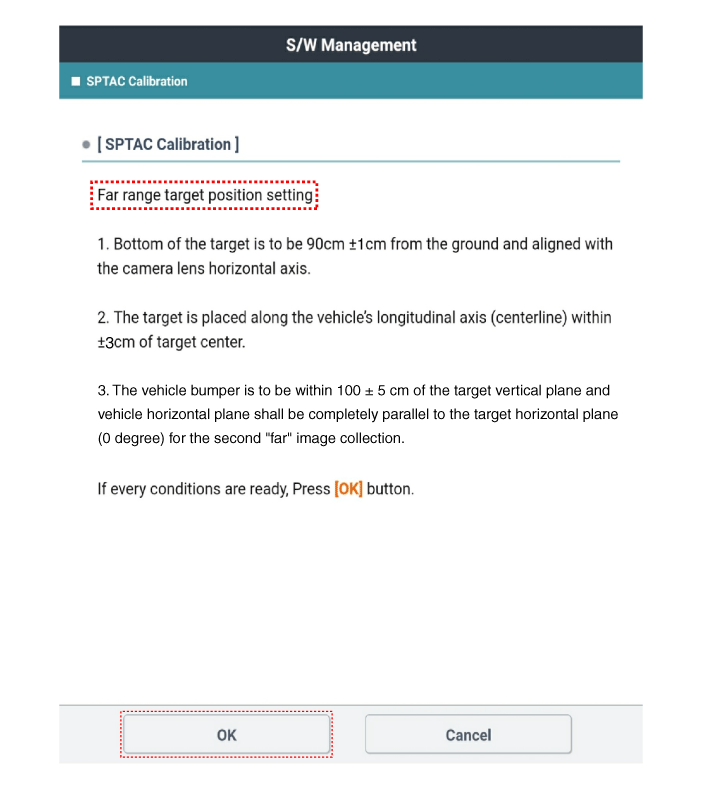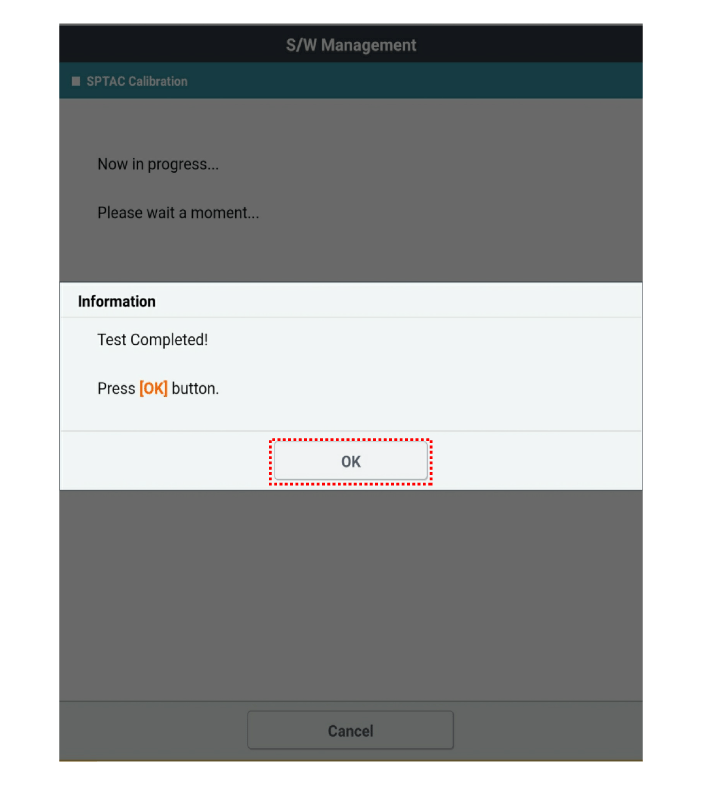Kia Optima: Front View Camera System / Front View Camera Unit
Schematic diagrams
| Circuit Diagram |
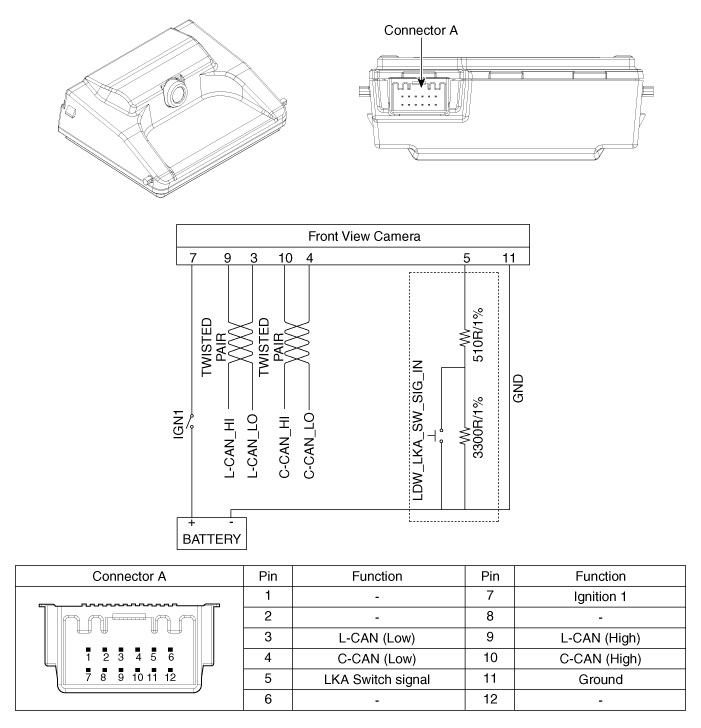
Repair procedures
| Inspection |
| 1. |
In the body electrical system, failure can be quickly diagnosed by using Kia Diagnostic System (KDS). The diagnostic system (KDS) provides the following information.
|
| Removal |
| 1. |
You should read the specification information for the front view camera that is installed in the vehicle before replacing it with a new front view camera.
|
| 2. |
Disconnect the negative (-) battery terminal. |
| 3. |
Remove the inside rear view mirror cover (A) and unit cover (B).
|
| 4. |
Disconnect the front view camera connector (A).
|
| 5. |
Separate the fixed points (A) of coupler, remove the front view camera (B).
|
| Installation |
| 1. |
Install in the reverse order of removal.
|
| 2. |
When replacing the front view camera with a new one, perform the "Variant Coding" procedure using KDS.
|
| 3. |
Perform the front view camera unit calibration. (Refer to Front View Camera Unit - "Adjustment") |
| Adjustment |
Perform the camera calibration in the following case.
Check the procedure below before performing the camera calibration.
|
Service Point Target Auto Calibration (SPTAC) Procedure
| 1. |
Install the SST (09964-C1200) on the roof center above the vehicle's front windshield.
|
| 2. |
Have the laser illuminate starting from the roof center and to passing through the center of the emblem.
|
| 3. |
Place the calibration target (09890-3V100) so that it adheres by 0 cm to the bumper front. [max. tolerance: 5 cm (1.97 in.)]
|
| 4. |
Set the calibration target height to 90 ± 1 cm (35.43 ± 0.39 in.) from the ground and align the center of calibration target with center line (A) of laser beam. The target is placed along the vehicle’s longitudinal axis (centerline) within ± 3cm (± 1.18 inch) of target center.
|
| 5. |
Perform the "SPTAC Calibration" using the KDS.
|
| 6. |
Perform the short-distance calibration by selecting the "OK" message on the KDS after checking the calibration target location.
|
| 7. |
Move the calibration target (09890-3V100) at 100 cm (39.37 in.) from the bumper. [max. tolerance : ± 5 cm (± 1.97 in.)]
|
| 8. |
Set the calibration target height to 90 ± 1 cm (35.43 ± 0.39 in.) from the ground and align the center of calibration target with center line (A) of laser beam. The target is placed along the vehicle’s longitudinal axis (centerline) within ± 3cm (± 1.18 inch) of target center.
|
| 9. |
Perform the long-distance calibration by selecting the "OK" message on the KDS after checking the calibration target location.
|
| 10. |
Clear the diagnostic trouble codes (DTC) using the KDS. |
| 11. |
Check the DTC and warning lamp. |
 Front View Camera System
Front View Camera System
Components and components location
Components Location
1. Front view camera
2. AVN Head unit
3. Cluster
4. LFA,SCC ON/OFF switch (Remote
control switch) ...
 Lane Keeping Assist (LKA) ON/OFF Switch
Lane Keeping Assist (LKA) ON/OFF Switch
Schematic diagrams
Connector and Terminal Function
Repair procedures
Inspection
1.
Disconnect the negative (-) battery terminal.
2.
...
Other information:
Kia Optima DL3 2019-2025 Owner's Manual: Operation of the parking distance warning-reverse
Operating condition This system will activate when the indicator on the parking distance warning-reverse OFF button is not illuminated. If you desire to deactivate the parking distance warningreverse, press the parking distance warning-reverse OFF button again. (The indicator on the but ...
Kia Optima DL3 2019-2025 Service and Repair Manual: Crankshaft
Components and components location Components 1. Crankshaft upper bearing 2. Crankshaft thrust bearing 3. Crankshaft 4. Crankshaft lower bearing 5. Crankshaft position sensor (CKPS) wheel 6. Lower crankcase 7. Gasket Repair p ...

